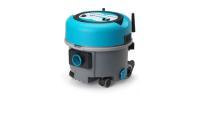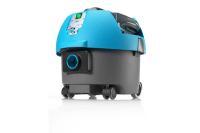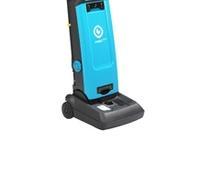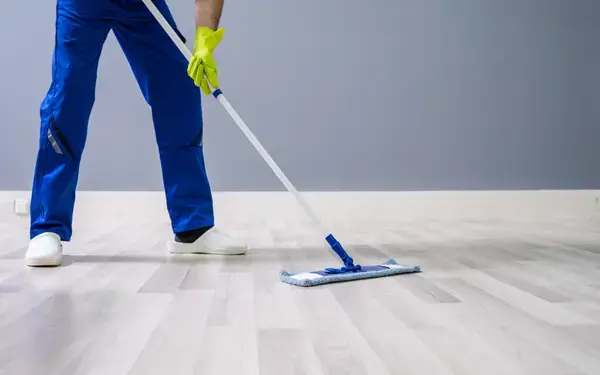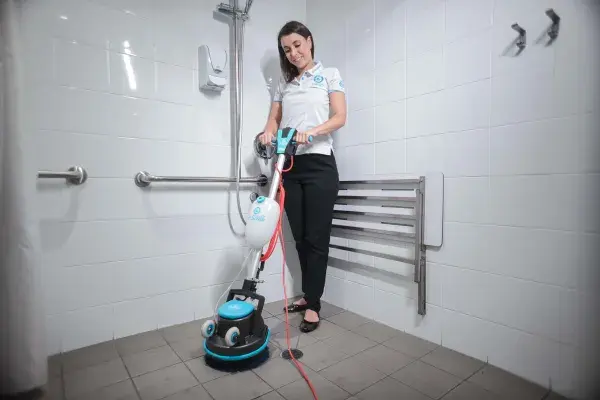You are reading: Different Vacuum Filtration Options: Standard vs HEPA vs ULPA
28 September 2022
6min read time
Brooke Payne
Different Vacuum Filtration Options: Standard vs HEPA vs ULPA
Share:
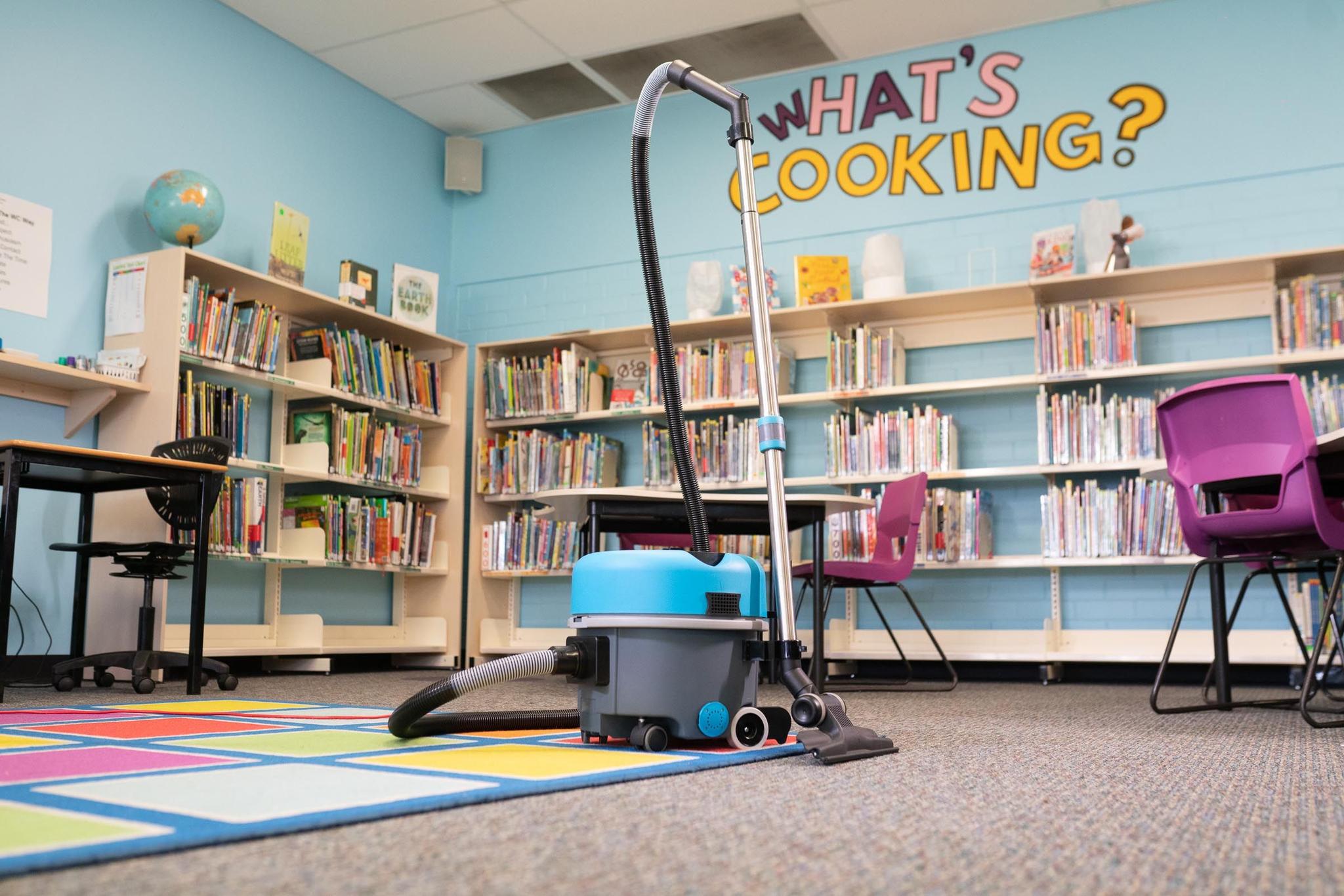
Key Insights
- HEPA and ULPA vacuum filters are significantly more effective when it comes to removing dust and particulate matter than a standard vacuum filter.
- In order to be certified as a HEPA filter, it must remove at least 99.5% of the bacteria, mould, dust, dirt and pollen down to a size of 0.3-microns. HEPA filters are graded on a scale that starts at H10 and rises to H14
- ULPA vacuums take the level of filtration up a notch from HEPA vacuum cleaners. So, if you’re looking for the absolute best in indoor air quality, vacuums with ULPA filters are the best on the market
If you’re shopping for a vacuum cleaner for your home or workplace in Australia or New Zealand, you would have noticed that there are quite a few options when it comes to the level of vacuum filters.
While vacuum filters can differ in shapes and sizes, at their core, they filter tiny particles in the same way, with a series of synthetic fibres that woven together to ‘catch’ particulate matter as air passes through the vacuum cleaner.
There are however a range of different vacuum filtration efficacy rates. For example, HEPA and ULPA vacuum filters are significantly more effective when it comes to removing dust and particulate matter than a standard vacuum filter.
So, which vacuum filter is the right option for you and your needs? Let’s take a look.
Standard Filter Vacuum
A common standard vacuum filter would be an EPA E10, E11 or E12 rated filter, which means it can remove 80-85% of particles down to around 0.3 microns in size.
As an example, all of the i-team commercial vacuums use an EPA E10 filter as standard equipment.
An EPA E10 - E12 vacuum filter gives a good balance between cost-effectiveness and decent levels of filtration.
Some brands of vacuum cleaners may not specify the level of filtration, which possibly means it may not meet the minimum standard of an EPA filter. Once we move up from an EPA level of filtration, we get into HEPA filter vacuums.

HEPA Filter Vacuum
So what is a HEPA filter anyway? The term HEPA refers to an official title given to air filters that can achieve a state of “high efficient particulate air” filtration. In order to be certified as a HEPA filter, it must remove at least 99.5% of the bacteria, mould, dust, dirt and pollen down to a size of 0.3-microns. HEPA filters are graded on a scale that starts at H10 and rises to H14.
At the start of the scale, H10-H12 HEPA filters must catch at least 99.5% of particulate matter as you vacuum, while H13-rated filters rise to 99.95%.
In order to be officially rated as a H14 HEPA vacuum filter, it needs to offer at least 99.995% removal of particulate matter in the air, down to 0.3-microns in size, which is the performance you can expect from the HEPA H14 filter in any of our Vac 6, Vac 9B or Vac 30 HEPA vacuums.
As a result of their high levels of filtration, HEPA filter vacuums are a great option for cleaning in sensitive environments where it is imperative to clean as much dust and airborne particulate matter as possible. Or where you simply want a better level of indoor air quality!
Read more on the top 5 robotic vacuum cleaners for commercial use.
ULPA Filter Vacuum
So what is the Difference Between a HEPA and an ULPA Filter vacuum?
ULPA vacuums take the level of filtration up a notch from HEPA vacuum cleaners. So, if you’re looking for the absolute best in indoor air quality, vacuums with ULPA filters are the best on the market.
ULPA stands for ‘ultra-low particulate air,’ and vacuums with these filters are perfect in environments that demand an extremely high standard of cleanliness and hygiene. (Or for clean freaks!)
ULPA vacuum filters remove 99.999%+ of particulate matter down to 0.3 microns, making them even more efficient than HEPA H14 filters, and the highest-level of filtration you can get in a vacuum cleaner.
Click here to find out more about our full range of high-powered i-team HEPA and ULPA commercial vacuums.
See our vacuum filtration commercial solutions – advanced systems for every hygiene requirement.
People Also Ask: FAQ's
Which is better HEPA filter or ULPA filter?
ULPA filters are capable of capturing a greater number and smaller sizes of particulate matter compared to HEPA filters. Specifically, ULPA filters have a removal efficiency of 99.999% for particles that are 0.12 microns in diameter or larger. In contrast, HEPA filters are 99.97% effective at filtering out particles that are 0.3 microns in diameter or above.
What is an ULPA filter used for?
Ultra-low particulate air (ULPA) filters are designed to remove at least 99.999% of airborne particles, including dust, pollen, mold, bacteria, and other ultrafine particles as small as 120 nanometers (0.12 μm).
How long do ULPA filters last?
The lifespan of a HEPA or ULPA filter in a cleanroom varies based on factors like air pollution levels, frequency of use, and maintenance routines. Typically, these filters can last between 1 to 5 years in a cleanroom environment.
What is the pressure drop on a ULPA filter?
HEPA and ULPA filters are monitored by measuring the pressure drop across the filter media. When the pressure drop reaches an unacceptable level, it's time to replace the filter. A clean filter typically has a pressure drop of around 25 millimeters (mm) of water column (1 inch).

References
https://www.eziduct.com.au/pdf/ulpa_filter.pdf
https://www.ossila.com/pages/ulpa-vs-hepa-filters
https://www.hepacart.com/blog/ulpa-filter-vs.-hepa-filter-whats-the-difference-why-does-it-matter
Media and Insights
Join the movement that's changing what clean means.
Be part of a cleaner world. Get a live demo at a time that suits you.
Book a Demo